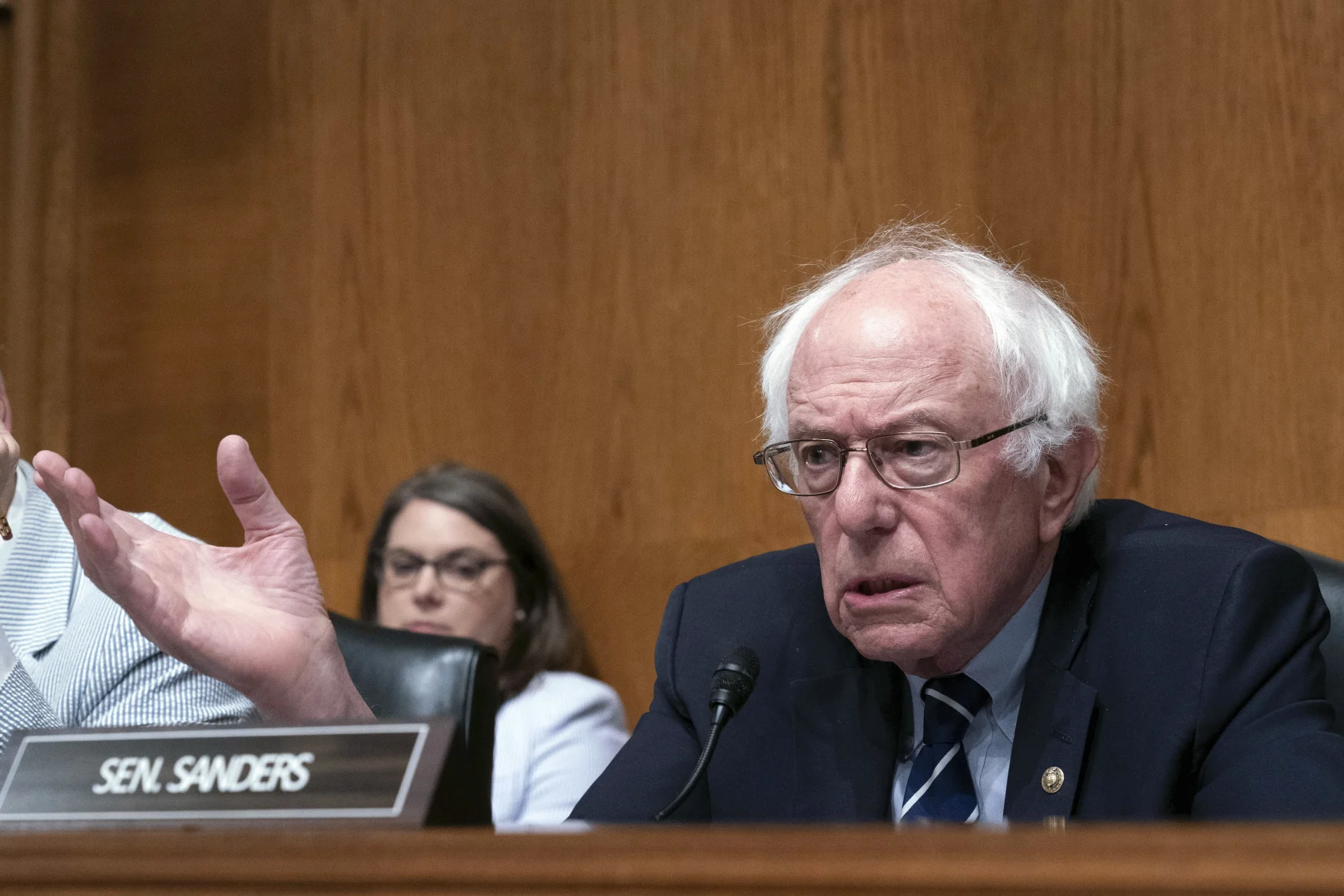A US Senate committee is investigating Amazon’s warehouse safety practices. Bernie Sanders (I-VT), Chair of the Senate Health, Education, Labor and Pensions (HELP) Committee, sent a letter to Amazon CEO Andy Jassy today, initiating the probe. Sanders urged Jassy to address health and safety issues at the company’s warehouses and requested additional information about its response to various safety issues. In a statement to Engadget, Amazon said, “We’ve reviewed the letter and strongly disagree with Senator Sanders’ assertions,” while adding that it has extended an invitation for the Senator to tour one of its facilities.
Sanders’ nearly 2,400-word letter takes the retailer to task for reported injuries and unsafe practices at its warehouses. “The company’s quest for profits at all costs has led to unsafe physical environments, intense pressure to work at unsustainable rates, and inadequate medical attention for tens of thousands of Amazon workers every year,” Sanders wrote. “At every turn — from warehouse design and workstation setup, to pace of work requirements, to medical care for injuries and subsequent pressure to return to work — Amazon makes decisions that actively harm workers in the name of its bottom line.”
The letter contrasts Amazon’s history of warehouse injuries and safety complaints with its $1.3 trillion market value, founder Jeff Bezos’ net worth of nearly $150 billion and Jassy’s $289 million in compensation over the last two years. It cites figures from the Strategic Organizing Center (SOC), a coalition of North American labor unions, that paint the company’s patterns as “uniquely dangerous.” “In 2022 alone, Amazon warehouse workers suffered nearly 39,000 injuries, 95 percent of which were so serious that they required workers to either lose time at work or switch to modified duty,” Sanders wrote. “Amazon’s rate of serious injuries at its warehouses, at 6.6 injuries per 100 workers, was more than double the rate at non-Amazon warehouses. And despite constituting only a little more than a third of the warehouse workers in the country, Amazon workers suffered more serious injuries than all of the other warehouse workers in the United States combined.”
In an email to Engadget, Amazon disputed SOC’s data. “There will always be ways for our critics to splice data to suit their narrative, but the fact is, we’ve made progress and our numbers clearly show it. Since 2019, we’ve reduced our rate of recordable injuries across our global network by more than 23%, and we’ve reduced our Lost Time Incident Rate by 53%. This is easily verifiable by examining the data we report to OSHA.” In addition, the company highlighted a report detailing its “meaningful and measurable progress,” while pointing us to a blog post regarding its efforts to help combat the effects of summer heat.

ASSOCIATED PRESS
Sanders’ letter asks Jassy to explain why Amazon’s injury rates are “significantly higher than the warehouse industry average” despite regulators repeatedly identifying measures Amazon could take to improve safety. It also asks the company to address why Amazon’s claims of robotics improving safety don’t align with data that says its robotic facilities have 28 percent higher injury rates than non-robotic ones. Finally, it asks for communications about a connection between workers’ pace of work and the prevalence of injuries.
In addition to his letter, the Senator created a website for current and former Amazon workers to submit stories about their experiences with the company. Sanders asked Jassy to respond by July 5th.
This is far from the first complaint about Amazon’s safety practices. A company warehouse collapsed in December 2021, spurring Congressional action that described Amazon’s response as “disappointing” and part of a “wholly inadequate safety culture.” In response to the collapse, Amazon tweaked its severe-weather strategy but refused to build storm shelters at its warehouses. In addition, federal prosecutors and the US Department of Labor announced an investigation last year over the company’s workplace conditions — a move that included OSHA inspections. In April, the SOC said Amazon was responsible for 53 percent of all severe warehouse injuries in the US despite employing around one-third of the country’s warehouse workers.
“When faced with worker injuries, Amazon provides minimal medical care while hiding those injuries from regulators and workers’ compensation programs,” said Sanders. “This system forces workers to endure immeasurable long-term pain and disabilities while Amazon makes incredible profits from their labor. That cannot be allowed to continue.”
Credit: Source link


Comments are closed.